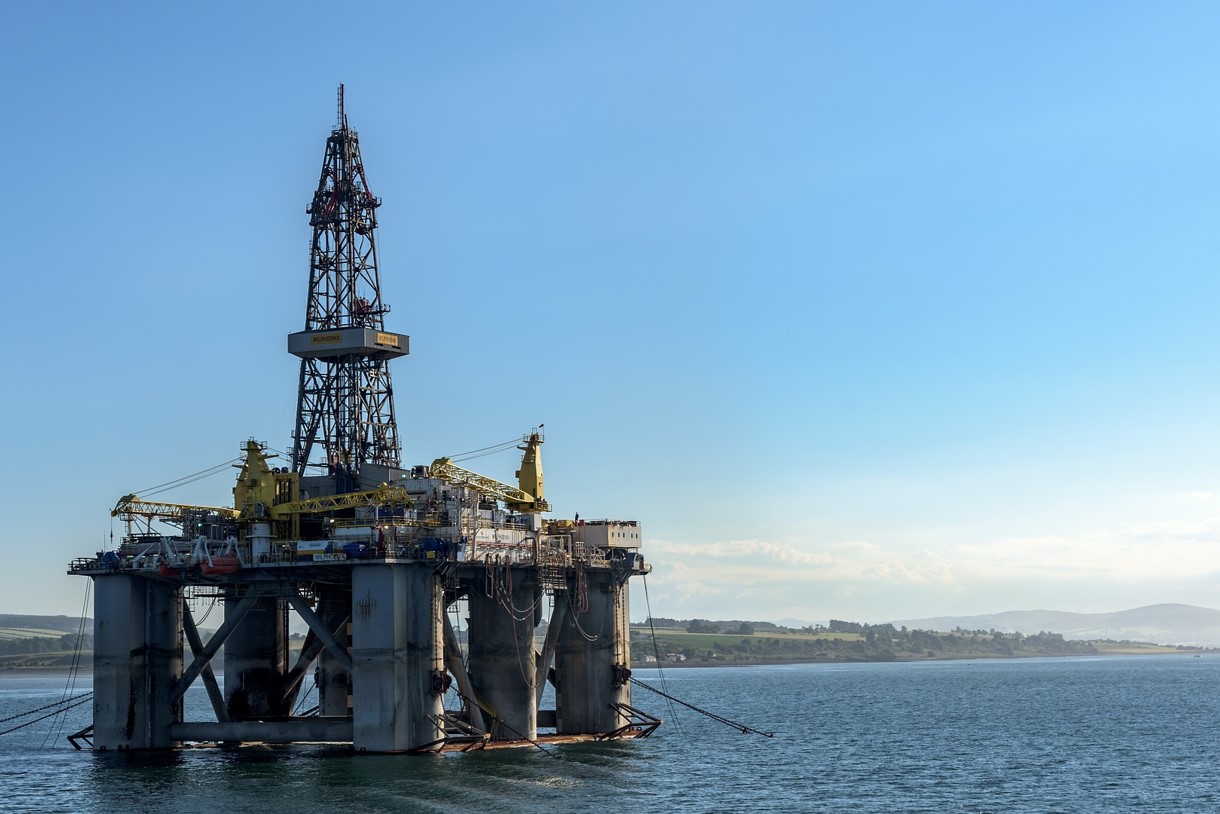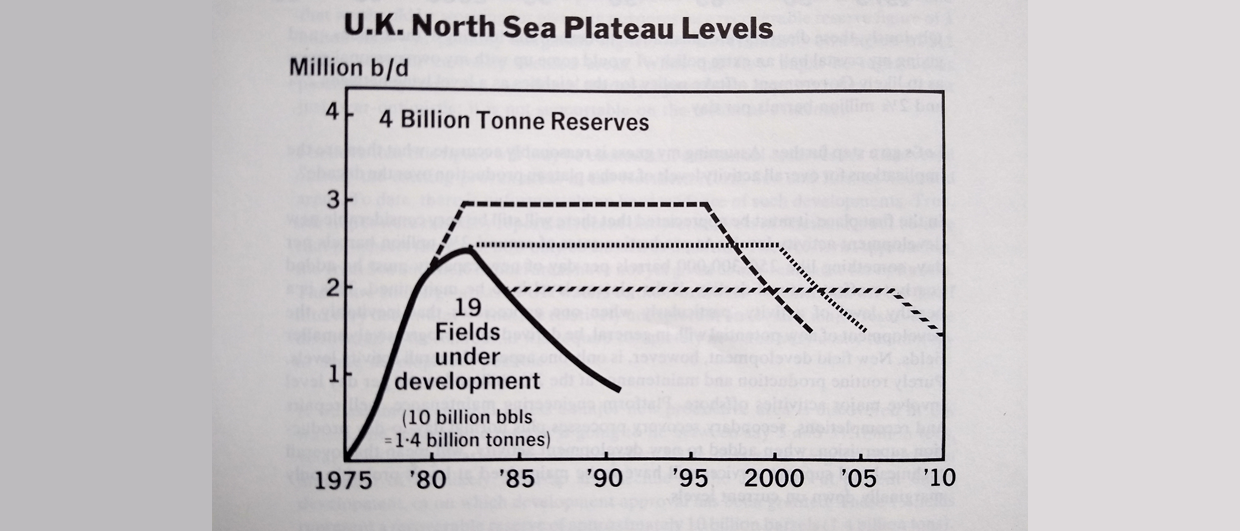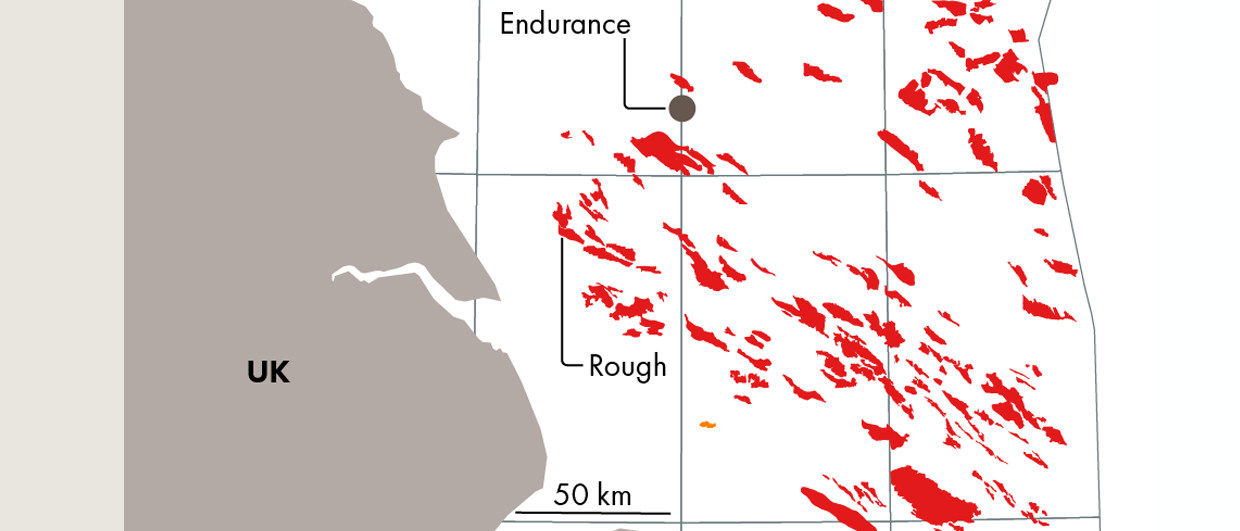In a landmark North Sea transition deal between the UK Government and the oil and gas industry announced today, the potential ban on future licensing rounds is now off the table.
The sector deal will support workers, businesses, and the supply chain through the transition by harnessing the industry’s existing capabilities, infrastructure and private investment potential to exploit new and emerging technologies such as hydrogen production, Carbon Capture Usage and Storage, offshore wind and decommissioning.
Need for oil and gas acknowledged
An orderly transition is crucial to maintaining our energy security of supply, supporting high-value jobs, and safeguarding the expertise necessary to achieve a lower carbon future.
The UK government will therefore introduce a new Climate Compatibility Checkpoint before each future oil and gas licensing round to ensure licences awarded are aligned with wider climate objectives, including net-zero emissions by 2050, and the UK’s diverse energy supply. This Checkpoint will use the latest evidence, looking at domestic demand for oil and gas, the sector’s projected production levels, the increasing prevalence of clean technologies such as offshore wind and carbon capture, and the sector’s continued progress against its ambitious emissions reduction targets.
Concrete actions required
The UK government believes it is vital that any future licenses are granted to industry only on the basis that they are compatible with the UK’s climate change objectives. A dynamic checkpoint enables the assessment of ongoing domestic need for oil and gas, while expecting concrete action from the sector on decarbonisation. If the evidence suggests that a future licensing round would undermine the UK’s climate goals or delivery of Net Zero, it will not go ahead. The UK government will design and implement the checkpoint by the end of 2021 through extensive engagement with a wide range of stakeholders.





